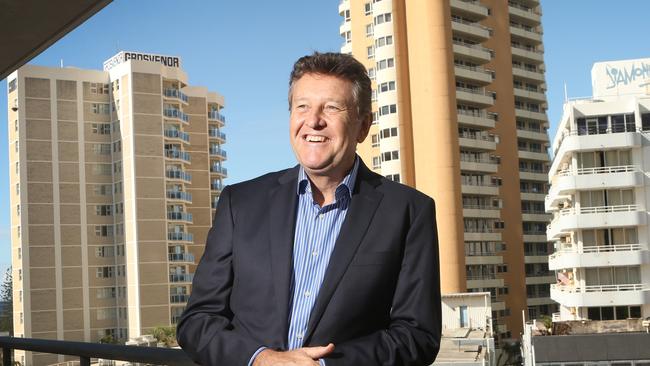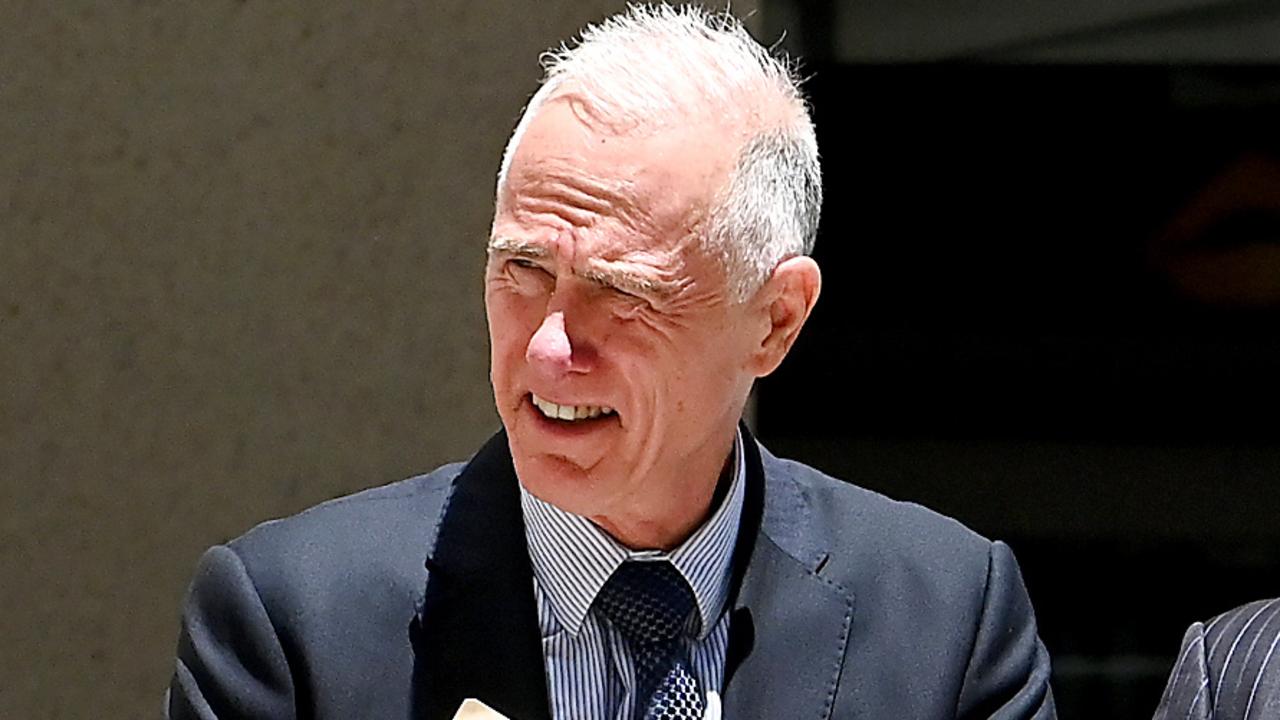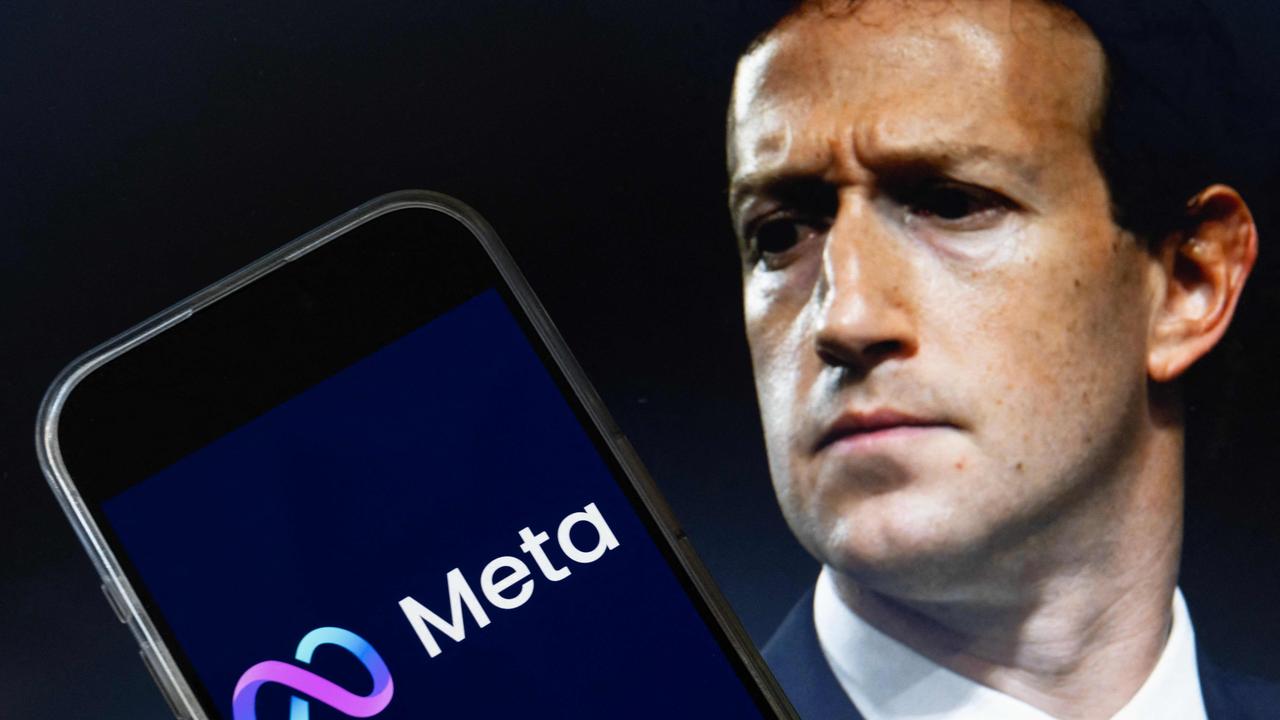THINK TANK: Ray White Group director Andrew Bell talks all things Gold Coast
RAY White Group director Andrew Bell talks all things Gold Coast — including his vision for underground shopping centres.

Business
Don't miss out on the headlines from Business. Followed categories will be added to My News.
ANDREW Bell runs the largest real estate agency in the vast Ray White group, employing 250 people in 23 offices and commanding an impressive property portfolio. His earlier career choices saw him scratched up by fibreglass while cleaning a factory and picking pins out of the shagpile carpet of his own first business venture. He believes an underground shopping hub below Surfers Paradise could unlock the city’s subterranean potential.
Mr Bell’s first real estate job paid $38 a week in Sydney — and from there he worked his way up to be sales manager. It was a good job, but not very secure.
“The guy I worked for was in his 80s, had never married, had no children, yet he wasn’t prepared to give me any sense of security that if anything should happen to him,“ he said.
“It really forced me into opening my own real estate office. That was in 1981. I had no money, so I literally built all the partitions in the office myself. It was an old haberdashery shop, I had old shagpile carpet and for the next five or six years I was continually picking pins out of the carpet.”
Mr Bell didn’t take a salary for two years and had to call in his mum to answer the phone if he went out with a client. He doubled his staff when his brother Greg came to work for him.
“It was a very bonding time for my brother and I and that’s been a partnership that’s lasted now for our entire time in business — that’s 35 years.”
Over 10 years, the brothers built the business into three thriving real estate offices in Sydney, before the opportunity came up to take on Ray White Surfers Paradise.
“So began the most tortuous period of my life,” Mr Bell said.
“Interest rates rapidly rose to 18 per cent, the country fell into quite a severe recession and to top it all off, there was a pilot strike — so for an area that was so dependent on tourism, for about nine months, no-one could fly into the Gold Coast.
“Over a two-year period, there wasn’t a month that we lost less than $80,000 a month. “Everything we’d worked for in the previous 10 years, all evaporated in trying to keep the business going.
“That incredible sense of failure that goes with it all, particularly when you’ve been somewhat successful — when you lose all of that you just feel like an absolute loser. It knocks your whole mojo around.
“I’m a big believer that everything that happens in your life happens for your greater good. I think, if we hadn’t had all the lessons of that period of time, I don’t know that we would have made good business decisions over the ensuing years and we may well have been incredibly vulnerable to the GFC and maybe not have survived the GFC.”
What do you love about the Gold Coast?
“I love that there’s a sense of freedom here, the ability within minutes to be on the beachfront or not much longer to be out on the mountain ranges. You just get a sense that you’re living life at a more enjoyable pace than you do in the big cities.
“There’s blue skies and I’m fortunate I can see the ocean every day and I feel like I’m the most privileged person.
“This is just an extraordinary part of the world.”
What do you think could be done better on the Gold Coast?
“We need to keep working on inspiring our residents to enjoy all things Gold Coast, not be so critical of the Gold Coast and to have greater belief that there's so much more we can do.
“I think Gold Coasters can be accused of being a bit cynical, but we’re amazing — I think we’re among the most resilient people in the country and I look back through the global financial crisis period of time and I look at all of the interruptions we’ve had, for example the light rail.
“We’ve had these issues but we just dust ourselves off and press on and we just seem to be able to innovate and survive challenges that are sent our way.”
In your travels, what have you seen being done elsewhere you think could work here?
‘I love Hawaii. I think that they really made it a very easy tourist district for people to navigate and they’ve got beautiful wide footpaths, an incredibly relaxed environment.
“They’ve got lovely music playing in the streets, quality restaurants and shops and it’s really easy to get around.
“I think we could make it easier for our tourists in that regard.
“Surfers Paradise is still where 46 per cent of our tourists stay — it still is a centrepoint of the Gold Coast and there’s more that needs to be done to complete the facelift that’s required.
“Clearly we have a transport and parking problem and I don’t think the light rail is going to solve that issue.
“Lots of people drive to our destination — in Hawaii you fly there, so they don’t have the parking issue.”
If money, laws, time and approvals were no issue, what is one big project you’d undertake today?
Conventionally, when people have created more space in Surfers Paradise, they’ve built it up. Mr Bell believes there is also scope for downward expansion.
“I think we could use the subterranean level more — you look at cities where we congregate people in proximity, somewhere like Hong Kong, where they make great use of areas below the cities.
“We could make better use of that space for parking, for underground shopping, and for people to be able to move around without having to cross roads and soon.
“We have some great shopping centres, but many of them quite some distance away from where the tourists are.
“To make this place more attractive to people, it would be great to see more of our shops centred in the central part of the Coast.
“One of the problems with our existing shopping is that they’re on ground-floor retail space, which is frightfully expensive and therefore makes it unattractive for people to operate a business in the heart of town.
“If we could use the area here, in the central areas under the ground, then we could leave the space above the ground for hotels and restaurants and all the areas that need to be up above the ground, but located directly below it could be some shopping malls and it’s kind of a pity that the light rail has been constructed because it would have been ideal to have our light rail also constructed below the ground so that we could have interconnected parking, shopping and public transport below the ground like they do in so many cities around the world.
What are the conversations Gold Coast movers and shakers should be having?
“I think there needs to be better co-ordination, particularly now we’re in the lead-up to the Commonwealth Games, to getting the maximum amount of profile for these great events and building a better perception of a united city that is working towards a common goal.
“We need to explore other areas where we can become very effective in, such as building our reputation as a medical and education precinct, which we’re already well on our way to doing. A greater, united approach.”


